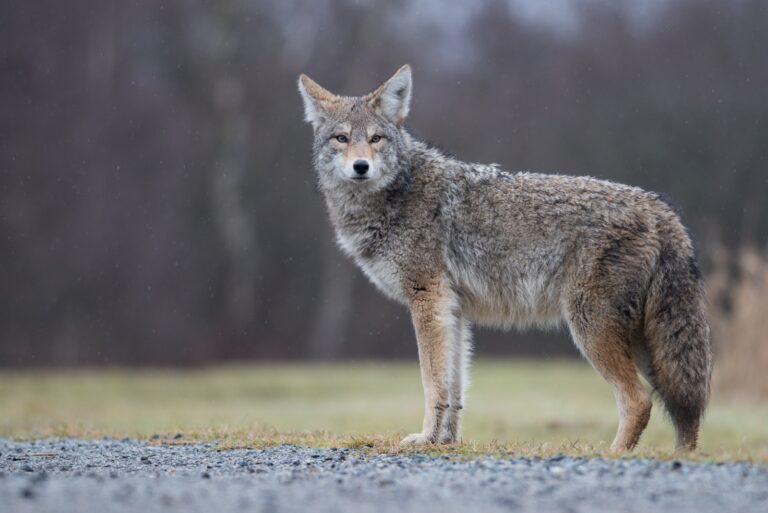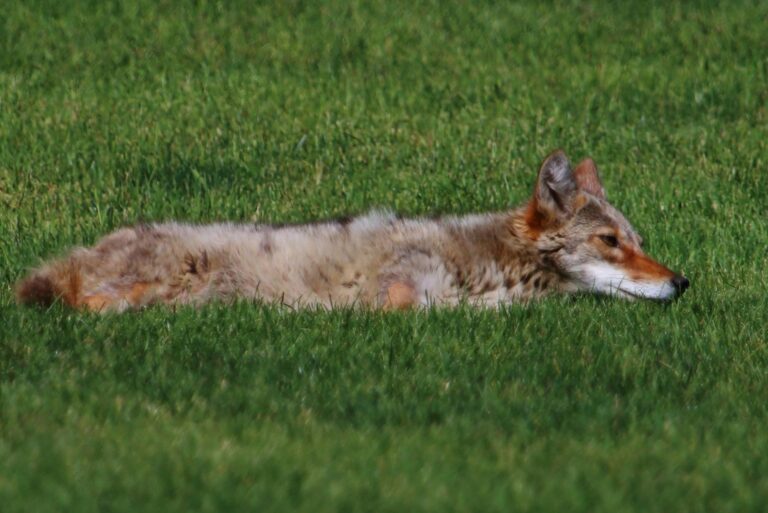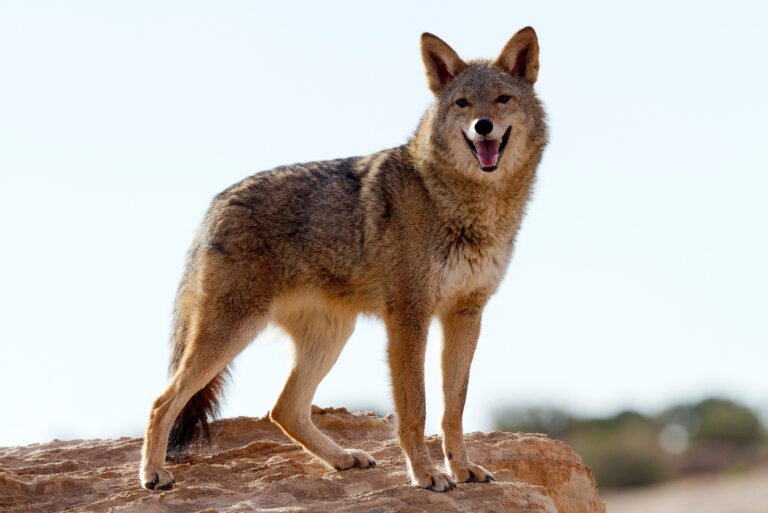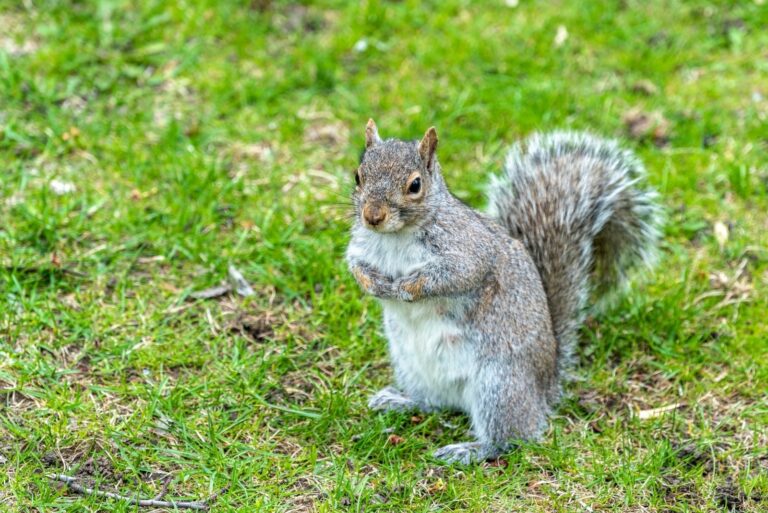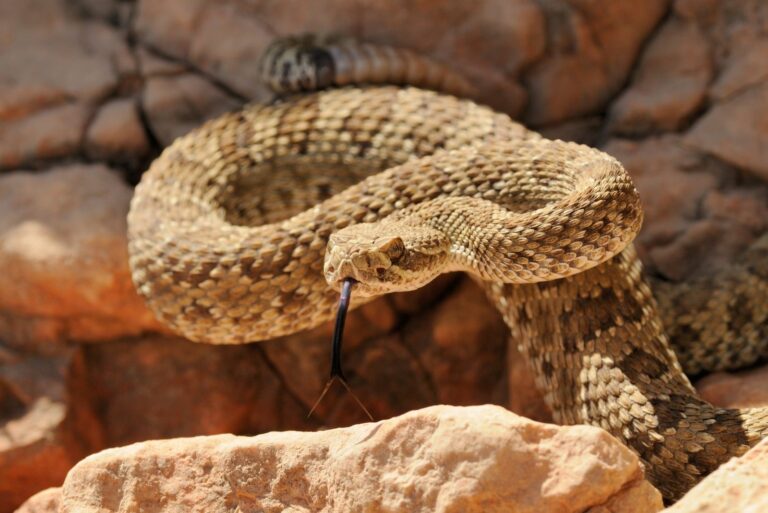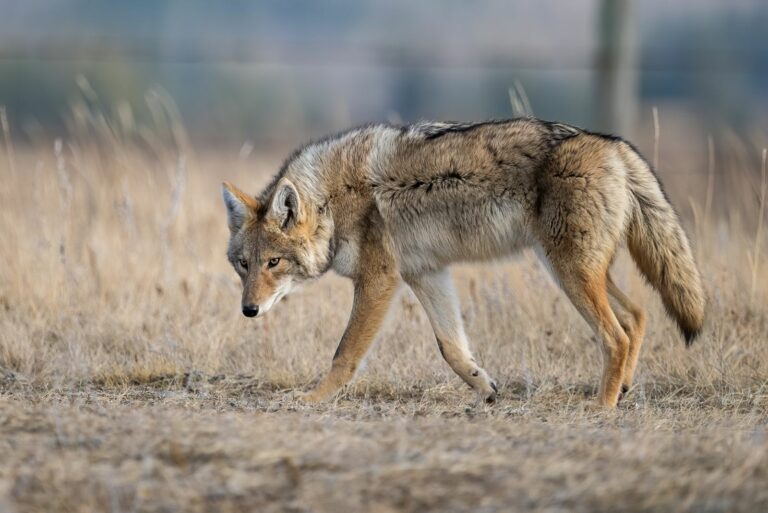9 Illegal Backyard Crops Virginia Gardeners Could Get In Trouble For If Planted

Growing your own food is one of the joys of gardening—but not every plant is fair game in Virginia. Some crops are restricted by law, and planting the wrong thing could land you in hot water. From fines to criminal charges, the consequences can be serious.
Even seasoned gardeners might not realize certain plants are off-limits in their own backyard. I’ve found that knowing what’s allowed—and what’s not—can save you time, money, and legal trouble. It’s a smart step for anyone who wants to grow responsibly and stay on the right side of the law.
1. Cannabis Plants

Growing marijuana remains illegal for recreational purposes in Virginia, even though possession laws have relaxed. Only licensed medical patients with proper authorization can cultivate a limited number of plants at home.
If you’re caught growing cannabis without the right permits, you could face criminal charges and hefty fines. Law enforcement in Virginia takes unauthorized cultivation seriously, especially if neighbors report suspicious plants.
Always check current state regulations before considering any cannabis cultivation, as laws continue to evolve.
2. Opium Poppies

These beautiful flowers might look innocent, but Papaver somniferum is federally illegal to grow because it produces opium. Many gardeners don’t realize that even ornamental varieties fall under this ban.
Virginia enforces federal drug laws strictly, and possessing these poppies can result in serious legal consequences. The plant’s seed pods contain compounds used to make illegal narcotics, making cultivation a federal offense.
Stick to legal poppy varieties like California poppies or Iceland poppies for your flower beds instead.
3. Coca Plants
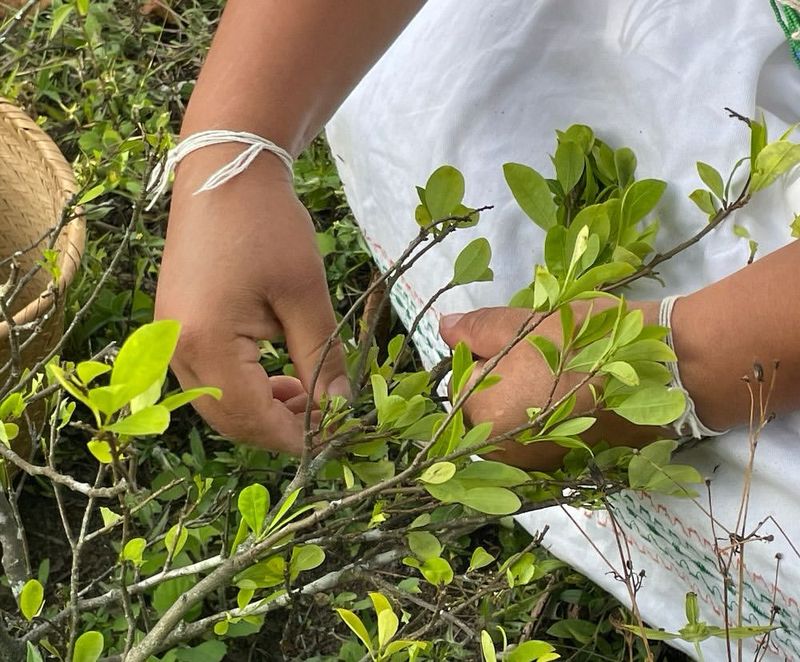
Famous for producing cocaine, coca plants are completely illegal to grow anywhere in the United States, including Virginia. Federal law classifies this plant as a controlled substance, regardless of your intended use.
Some people mistakenly believe they can grow coca for tea or traditional purposes, but this remains illegal. Authorities don’t distinguish between commercial drug production and personal cultivation when it comes to coca.
Even possessing seeds can lead to legal trouble, so avoid this plant entirely to stay on the right side of the law.
4. Psychedelic Mushrooms

Cultivating psilocybin mushrooms is illegal throughout Virginia and violates federal controlled substance laws. These fungi contain psychoactive compounds that are classified as Schedule I drugs.
Many people attempt to grow them at home for personal use, but law enforcement treats mushroom cultivation as seriously as growing other illegal drugs. Getting caught can result in felony charges, especially if authorities believe you intended to distribute them.
Virginia has not decriminalized or legalized these mushrooms, so any cultivation activity puts you at significant legal risk.
5. Invasive Knotweed Species

Japanese knotweed spreads aggressively and causes massive environmental damage, which is why Virginia prohibits its cultivation. This invasive species can destroy native ecosystems and even damage building foundations with its powerful root system.
Property owners who allow knotweed to spread may face fines and be required to pay for expensive removal. The plant grows incredibly fast and can quickly take over entire yards and neighboring properties.
If you discover knotweed on your Virginia property, contact local authorities for proper removal guidance immediately.
6. Giant Hogweed
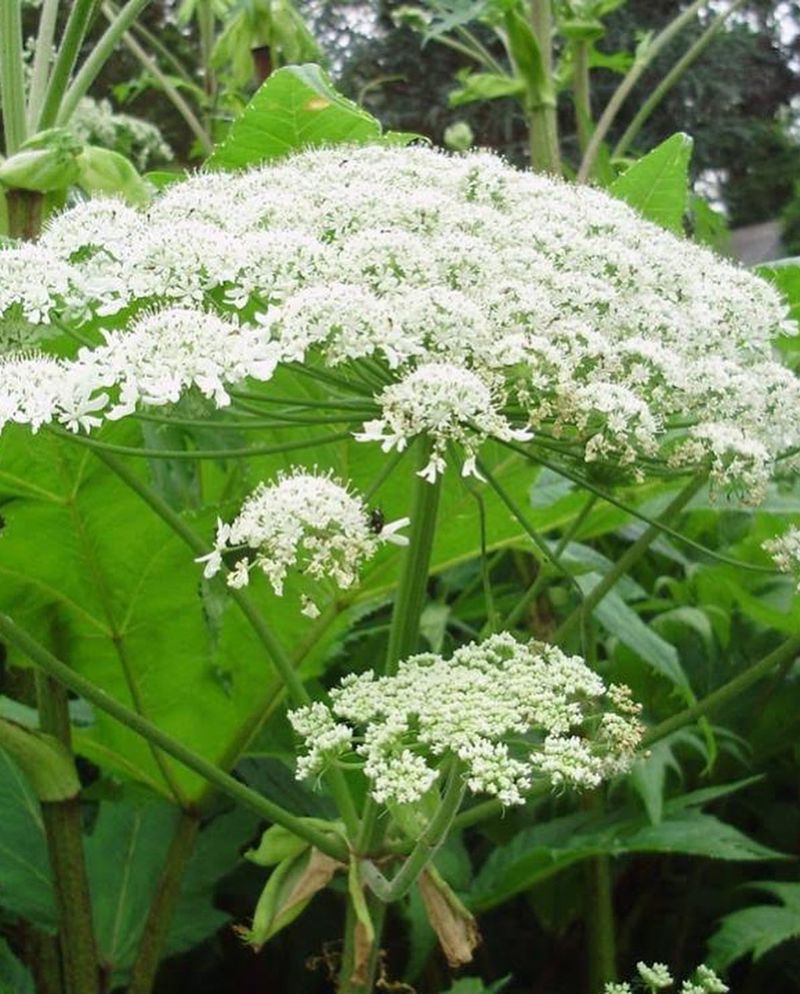
This towering plant might look impressive, but giant hogweed is dangerous and illegal to grow in Virginia. Its sap contains toxic chemicals that cause severe skin burns and blistering when exposed to sunlight.
State regulations require immediate reporting and professional removal if you find this plant on your property. Children are especially vulnerable to accidental contact, which can result in painful injuries requiring medical treatment.
Virginia agriculture officials actively monitor for giant hogweed because it spreads rapidly and poses serious public health risks to communities.
7. Kudzu Vine
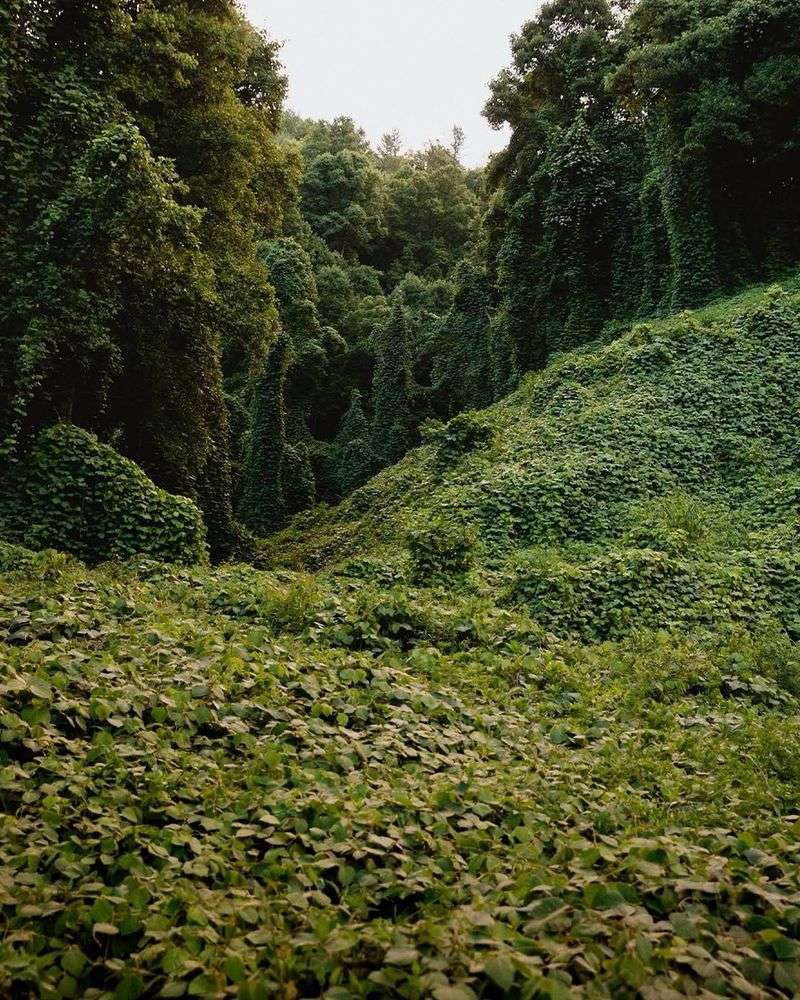
Known as “the vine that ate the South,” kudzu is banned in Virginia because of its destructive growth habits. This invasive plant can grow up to a foot per day during summer, smothering trees, buildings, and everything in its path.
Planting kudzu intentionally violates state agricultural regulations and can result in significant fines. The vine creates ecological dead zones by blocking sunlight from native plants and causing trees to collapse under its weight.
Virginia landowners must actively control kudzu if it appears on their property.
8. Autumn Olive Shrubs

Once promoted for wildlife habitat, autumn olive is now recognized as a harmful invasive species in Virginia. This fast-growing shrub outcompetes native plants and disrupts local ecosystems, which is why cultivation is discouraged and often restricted.
Many older properties still have autumn olive growing wild, but deliberately planting new specimens violates environmental protection guidelines. The shrub produces thousands of seeds that birds spread widely, creating new infestations across the state.
Virginia conservation programs often include autumn olive removal as a priority restoration activity.
9. Multiflora Rose
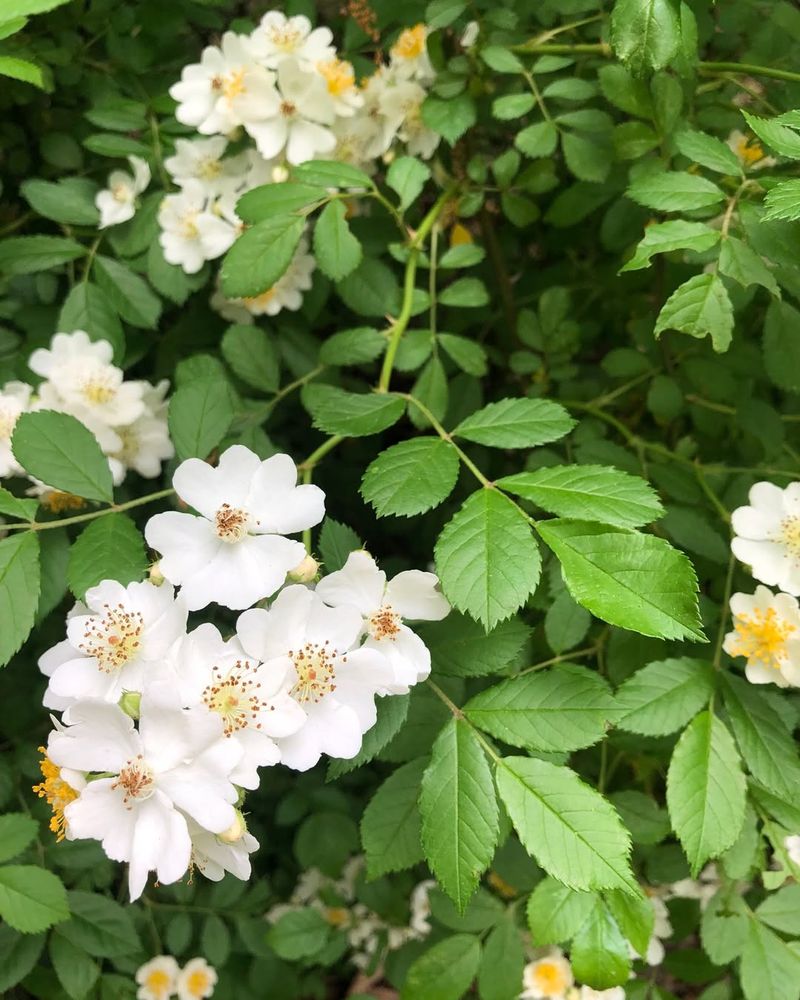
This thorny rose was originally planted for erosion control, but multiflora rose has become a serious invasive problem in Virginia. Dense thickets make land unusable for agriculture and recreation while crowding out beneficial native species.
State regulations now prohibit planting multiflora rose, and landowners may be required to control existing populations. The plant spreads rapidly through bird-dispersed seeds and forms impenetrable barriers that reduce property values.
Virginia extension services offer guidance on safe removal methods for this persistent and problematic invasive plant.

